A reading from the First Book of Kings
(Chapter 19:16b, 19-21)
Elijah was one of the most important prophets of Israel, and now God was telling him that he must choose Elisha as his successor. The Lord said to Elijah, “You shall anoint Elisha, son of Shaphat of Abelmeholah as prophet to succeed you.” So, Elijah found Elisha “as he was plowing with twelve yoke of oxen. . . . Elijah went over to him and threw his cloak over him.” That was all the sign that Elisha needed to understand that he was chosen to be a prophet, so he slaughtered his twelve yoke of oxen and fed the people in his neighborhood. “Then Elisha left and followed Elijah as his attendant.”
This is one of many stories in the Bible about someone receiving a call to serve God, what we today would call a vocation. Most of us grew up thinking that the word vocation meant only being a priest or a religious sister or brother, but the truth is that each of us has a vocation, a calling from God to do some kind of service with our lives. For most of us, it means being a wife or husband or parent, but it can also mean being a devoted son or daughter, sister or brother or friend. It also may mean using our talents or positions in society to help others, especially those in need. It may be many of those roles, and we should celebrate each of them in our lives, especially those that are most challenging.
Responsorial Psalm
(Psalm 16: 1-2, 5, 7-8, 9-10, 11)
“You are my inheritance, O Lord.” Most of us may or may not receive a large financial inheritance. No matter! In our response to the verses of this psalm, we acknowledge that God is our inheritance. What more do we need?
A reading from St. Paul's Letter to the Galatians
(Chapter 5:1, 13-18)
Paul tells the Galatians, “Brothers and sisters: for freedom Christ set us free; so stand firm and do not submit again to the yoke of slavery. For you were called for freedom, brothers and sisters. But do not use this freedom as an opportunity for the flesh; rather, serve one another through love.”
The yoke of slavery that Paul is talking about is the old law with its hundreds of prescriptions, including circumcision. Jesus had simplified the law into two great commandments: Love God and love one another. But Paul does not want the people to emulate the mistakes of sects that promoted practices that were against Christian morality.
He concludes by telling the Galatians, “But if you are guided by the Spirit, you are not under the law.” So, when you and I are faced with difficult decisions, we need to reach for guidance to the Spirit that lives within each of us. The Holy Spirit is our partner in life and our guide. That may not be news to you, but even if it is, it is good news. The very Spirit of God lives within you!

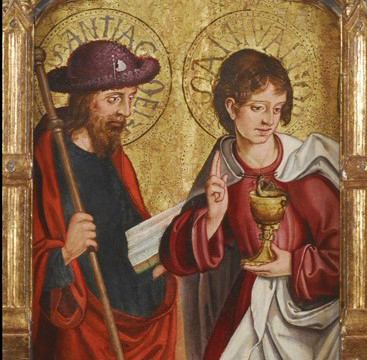
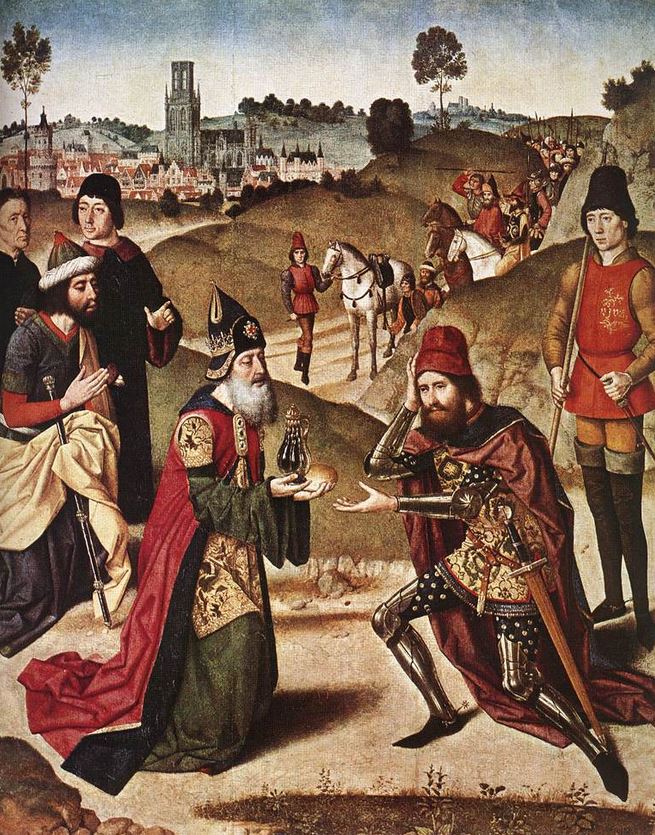
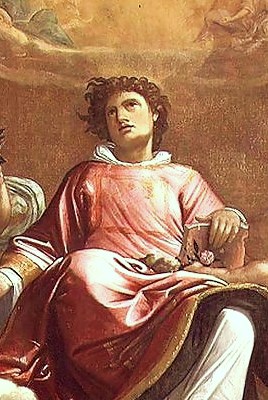
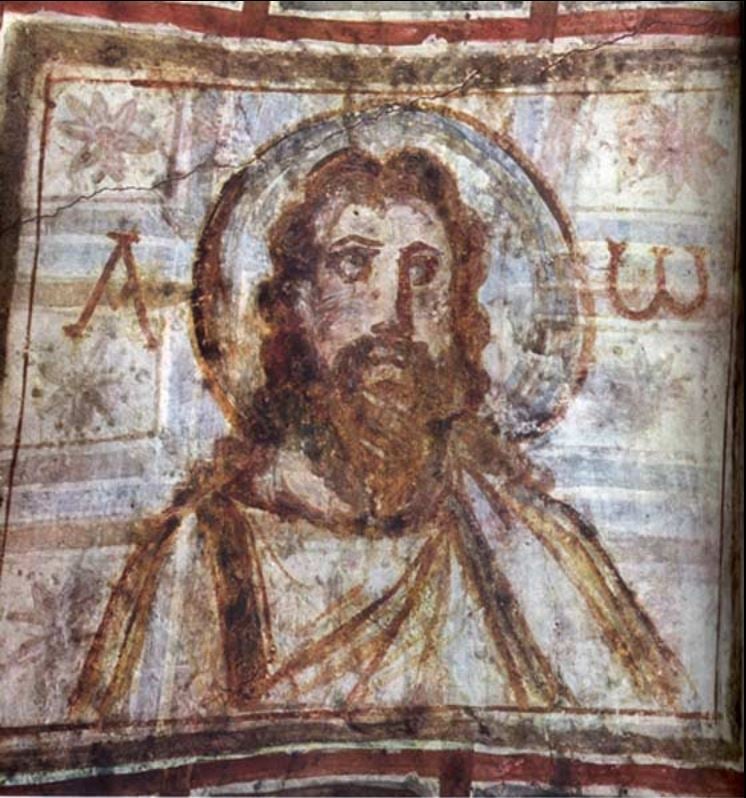
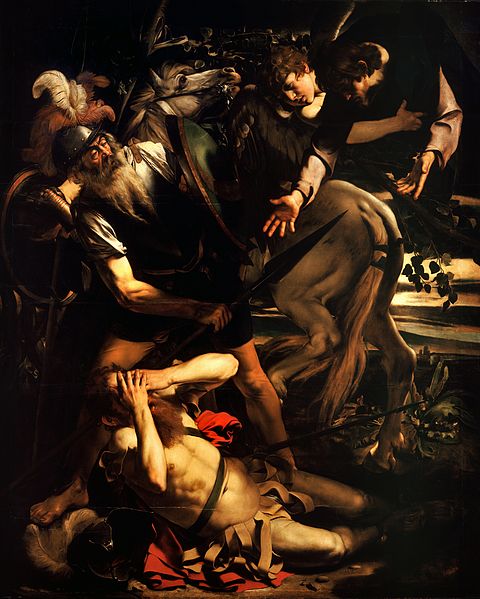
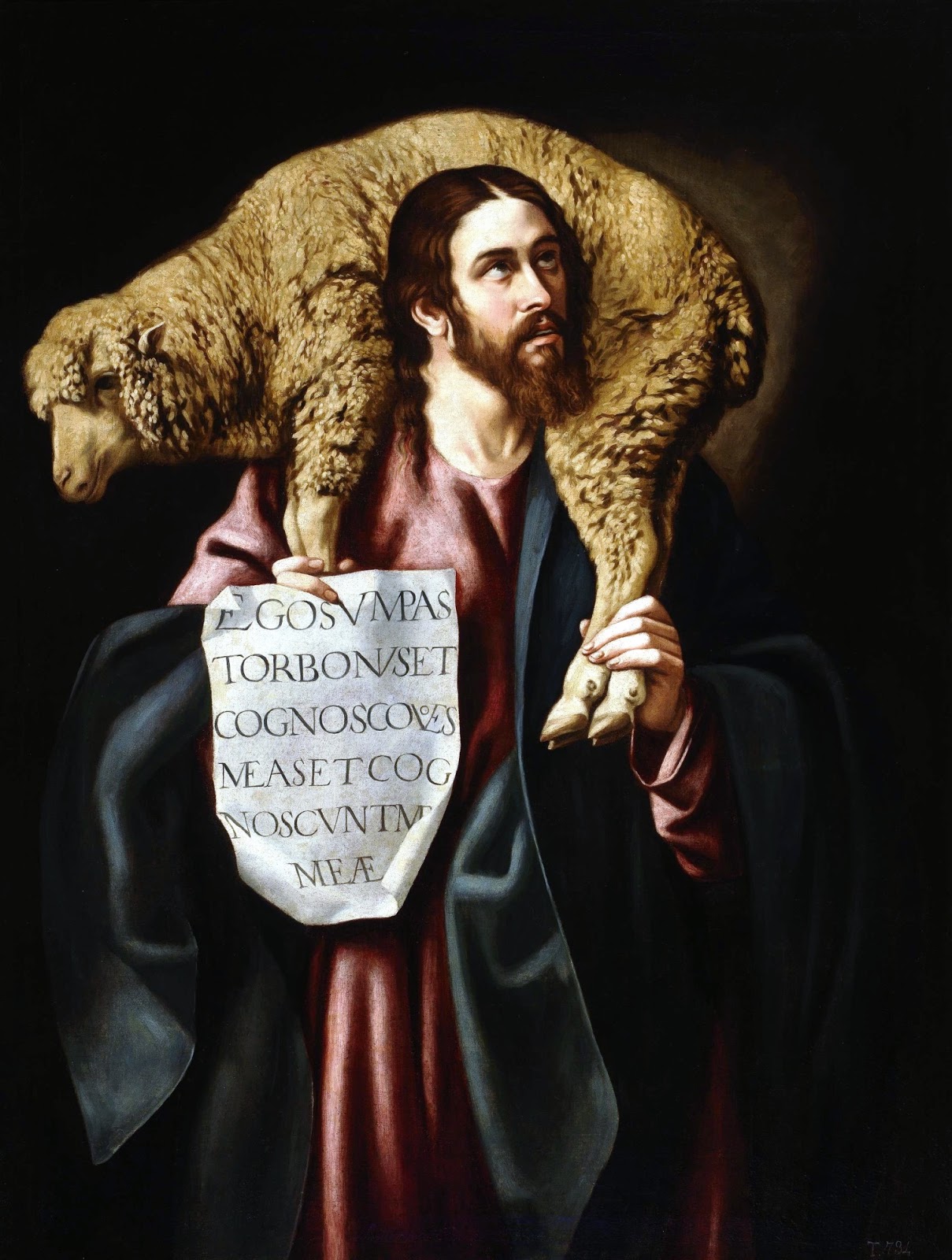
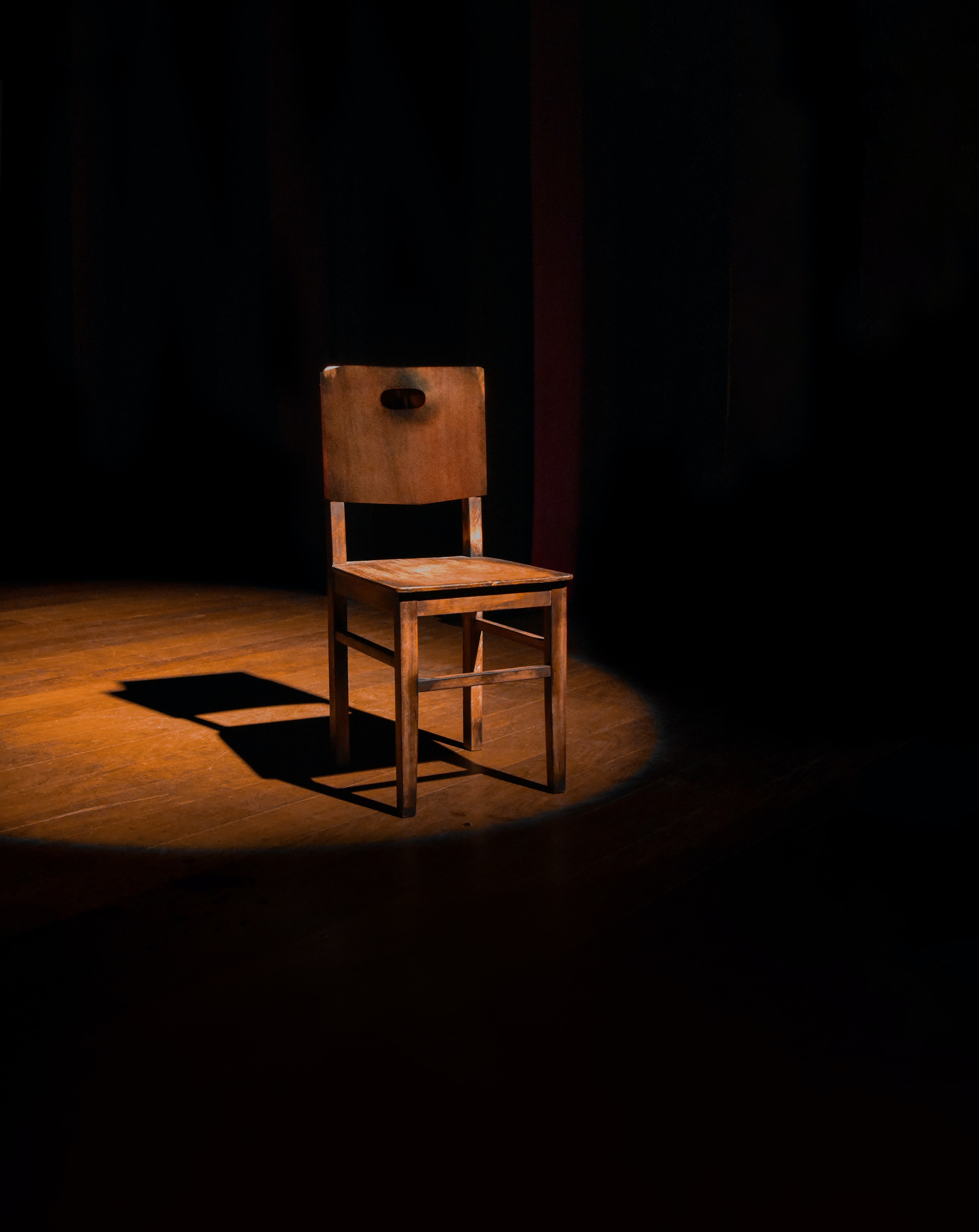
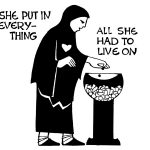 A reading from the first Book of Kings
A reading from the first Book of Kings